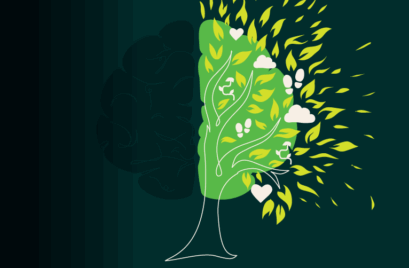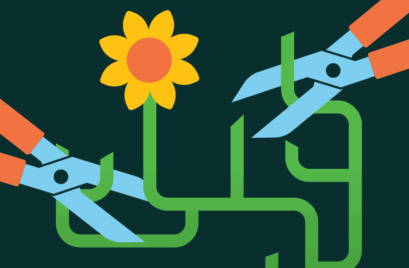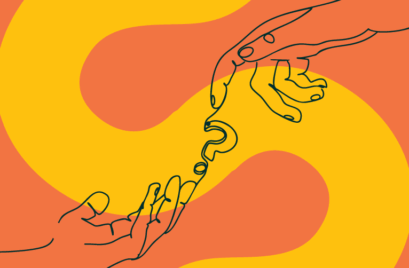
How fixed mindsets can impact our ability to partner consciously
Effective partnering is an integral part of elevating the consciousness of an organisation, however we can often hold each other back through fixed mindsets.
How often do you hear the introvert/extrovert labels come out a party? Or an assertion from someone about whether or not the group is their ‘scene’?
Humans love categorisation. And in some ways, labels can be helpful. They assist us in better understanding ourselves and putting words to our psychological tendencies. This, in turn, can give us the agency to act more intentionally.
However, when we become too ingrained in a model or label, without critically engaging with it, it can have deleterious effects. We can ‘live up to’ the concept rather than just accepting the parts that are meaningful to us. These tools for self-understanding can become another limitation — another fixed mindset.
Often when we think about growth and fixed mindsets, we tend to focus on how they impact our individual ways of working. For example, we talk about how self-perception of intelligence or creativity impacts the quality of work we produce and our success in overcoming obstacles in these domains. But these schemata for thinking about ourselves can have far-reaching impacts on not just our individual pursuits but also our relationships with others.
Who are we with others?
Developed fixed mindsets around our ability to connect with people, to argue our position, and to be confident about our offer can all be roadblocks to deep partnering in organisations.
In the vast majority of roles in matrixed organisations, we need to be able to negotiate, influence and connect well — often with distant nodes across the ecosystem. The people we need to connect with may be completely unknown to us beforehand and quite different in their roles or life experience. Fixed mindsets about engaging with these types of connections are not helpful for us.
Think about the times you might have said or heard someone say:
“I’m not a big people person”
“That’s not my crowd”
“I’m not good with those kinds of conversations.”
These sorts of self-limiting views can stifle us in these partnering relationships and our development more broadly. While it’s good to understand where our strengths lie, it’s very easy to fall into patterns of avoidant behaviour based on imagined capabilities (or lack thereof).
Who could we be?
We can challenge these mindsets to reevaluate our capabilities and roles as connectors and influencers. The first step is catching ourselves in the thought. The next time you go to have a partnering conversation, take a moment to examine your inner dialogue. What are you thinking and saying to yourself? Is there a negative or self-limiting tone to this dialogue?
Then, pick one of those statements and challenge it. Rather than ‘accepting’ that this is part of your identity, consider how a growth mindset might enable you to be more than this statement. For example, you could reframe these types of statements like:
“I connect with people when it’s important.”
“Meeting new people can be interesting and impactful. I can learn from how this goes.”
“I can improve our relationship through a short, one-to-one conversation.”
Rather than seeing the conversation as some sort of critical networking discussion, look at it as talking to another human being — something we do every day.
As we start to notice and critique these thoughts more, we will find that our emotional reactions around these experiences can also change. We can enhance our partnering capabilities and our relationships with others by changing this narrative. In time, you can break these self-imposed limitations — and you might be surprised at what you’re capable of.







